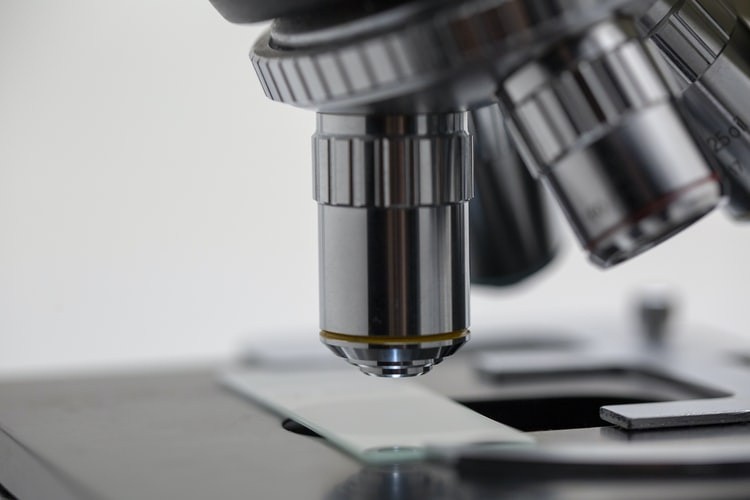"The idea is not environmentally relevant." That feedback was one of the negative comments that Michigan State University researcher Gemma Reguerra got when she first proposed her new research project to the National Science Foundation.

Fortunately for Reguera, many other reviewers and the foundation's program manager did not share the same sentiments.
Now, she and her team have shown that microbes are capable of doing a fantastic feat that might help reclaim valuable resources and assimilate toxic pollutants.
"The lesson is that we need to think outside the box, especially in biology. We just know the tip of the iceberg. Microbes have been on earth for billions of years, and to think that they can't do something precludes us from so many ideas and applications," said Reguera, a professor in the Department of Microbiology and Molecular Genetics.
Her team works with a Geobacter, a bacteria commonly found in soils and sediments. During one of their latest runs, the team tested the mineral Cobalt's possible effect when in contact with the bacteria.
Despite being harmful to humans and many microbes, Cobalt is an essential metal used in making batteries for electric vehicles and alloys for space-grade technologies like spacecraft. But, it is also getting increasingly scarce.
The mineral kills microbes; it wreaks havoc when it successfully penetrated their cells.
But, the team hypothesized that the Geobacter might not be as fragile to Cobalts as other microbes. They are incredibly durable. Geobacter can block uranium remnants from contaminating groundwater. They can also fuel themselves by sucking energies from minerals with iron oxide. In a sense, they respire rust.
Scientists know little regarding how microbes interact with Cobalt in nature. However, many believe that the harmful metal would be too much for the microbes to handle.
Despite the preconceived notion, Reguera and her team decided to challenge that paradigm. They discovered that Geobacter could be useful in extracting the metal from rust without letting it penetrate their cells and kill them. It's like they are mining Cobalt and coating themselves with the metal particles.
"They form cobalt nanoparticles on their surface. They metalize themselves, and it's like a shield that protects them," Reguera said. "It's like Iron Man when he puts on the suit."
The scientific journal 'Frontier in Microbiology' published their study in a research article online.
For her, the discovery is a proof of concept that opens doors for several exciting possibilities. She even claimed that if the research is pushed further, Geobacter could be based on a new era for biotechnology building and recycling Cobalt from lithium-ion batteries. This can lessen the demand for foreign cobalt mines, which can be very helpful to the scientific industry's economy.
Related Article: Study Reveals that Algae Blocks Excess Light During Photosynthesis
Thinking outside the box
Reguera saw the fruits of their conquest to be a result of thinking outside the box. According to her, "This is a reminder to be creative and not limited in the possibilities. Research is the freedom to explore, to search and search, and search." "We have textbook opinions about what microbes can and should do, but life is so diverse and colorful. There are other processes out there waiting to be discovered," she added.
ALSO READ: How can Plants see Blue Light?
For more news updates about the world of microscopic biology, don't forget to follow Nature World News
© 2025 NatureWorldNews.com All rights reserved. Do not reproduce without permission.





